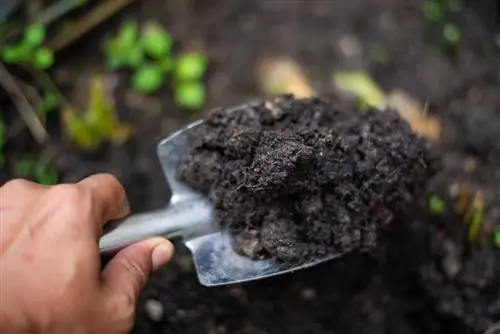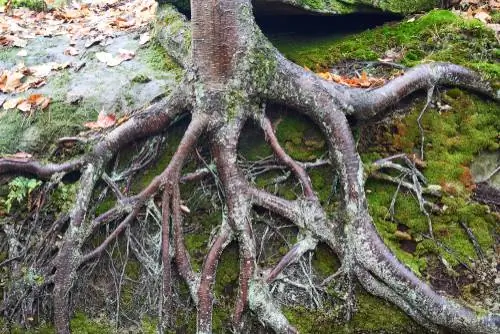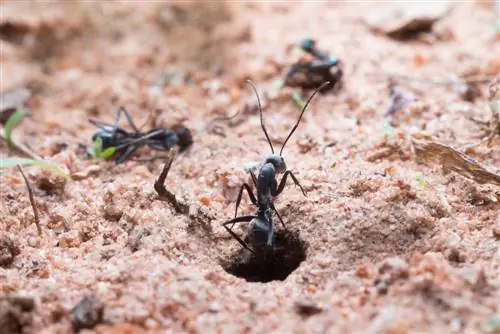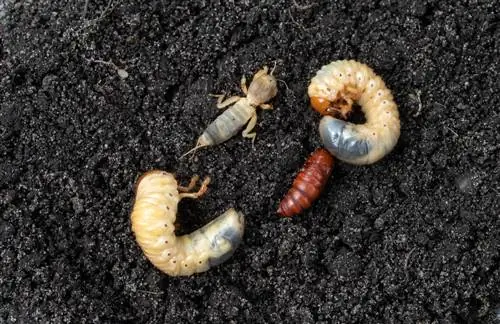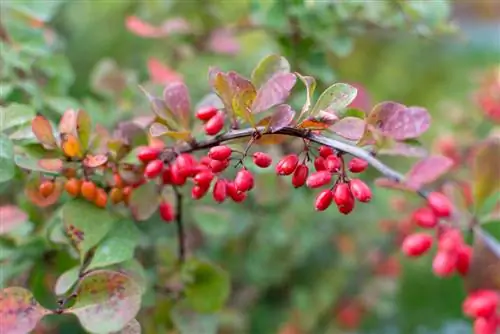- Author admin leonars@hobbygardeners.com.
- Public 2023-12-16 16:46.
- Last modified 2025-01-23 11:21.
In common language there is confusion about the meaning of the terms “humus” and “compost”. Although both forms of substrate have similarities, there are subtle differences in their formation and composition. Due to the similarities, compost is ideal for soil care.
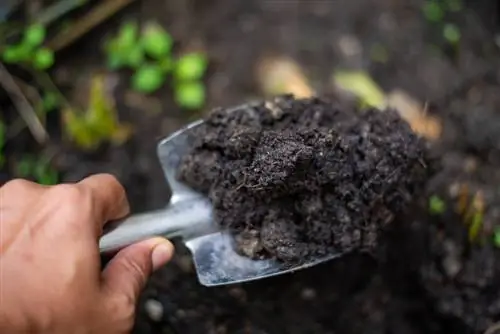
What is the difference between humus and compost?
Humus is a natural, homogeneous soil layer made of decomposed organic residues, while compost consists of vegetable waste and has not yet completely decomposed. Both forms of substrate are nutrient-rich and are ideal for soil care.
Humus as a homogeneous soil layer
Humus is the top layer of soil in natural habitats, which consists of decomposed organic residues. Soil organisms process animal and plant remains and produce a homogeneous substrate rich in nutrients. The soil fauna needs moisture, air and heat to convert the substances. If the conditions are not right, rot will occur. A layer of humus on the ground stores water and provides nutrients to the plants.
Humus soils do not occur everywhere. Soil fauna is influenced by the carbon-nitrogen ratio. There is an imbalance in favor of carbon on the soils of coniferous forests. Needle litter acidifies the soil, which is why there are hardly any soil organisms here. In deciduous forests the ratio is balanced and the soil fauna produces a thick layer of humus.
Compost as a heterogeneous composition
Unlike humus, compost soil has not yet completely decomposed. The substrate is a composition of plant waste that is processed into humus through the action of soil organisms. In common parlance, mature compost soil is also referred to as compost. The compost substrate often contains non-rotted and woody plant parts, so that only parts of it contain homogeneous humus with a fine crumb structure.
While humus is created in natural habitats without human intervention, compost is actively produced. There is fresh compost that contains small amounts of decomposable organic residues. This substrate stimulates the activity of soil organisms. Ready-made compost contains large amounts of pure humus and small parts of substances that are difficult to decompose. It is slowly processed by the soil fauna and represents a slow-flowing source of nutrients.
Use of compost
Humus has a balanced ratio of calcium and iron, potassium and aluminum, magnesium and manganese, phosphorus and sulfur, nitrogen and carbon. A well-ripened compost that has been stored for at least a year is comparable to pure humus. It not only serves as fertilizer, but also has a positive effect on the soil.
Compost causes these effects:
- Promoting crumb structure
- Improving water and air balance
- Increase buffer capacity
- Maximizing aggregate stability

